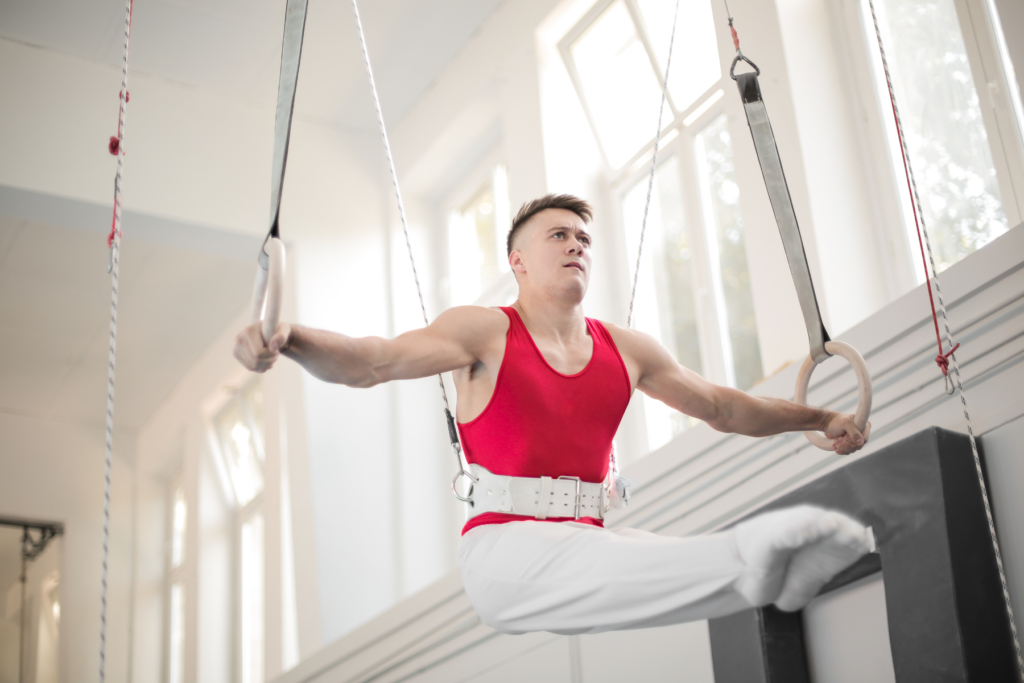Signs You Are Over-Training and Under-Eating
June 29, 2021
By Ashley Dimon, Dietitian & Sports Nutrition Volunteer
Is there a chance that you are over-training and under-eating? Consider the following.
Are you constantly thinking about food? Do you often feel tired or irritable? Do you often have stress fractures or injuries that won’t heal? Hair loss? Irregular or loss of your menstrual cycle?
These are all symptoms of RED-s, Relative Energy Deficiency in Sport, or Low Energy Availability. RED-s can be a results of over-training and under-eating.
While most of the population is worrying if they are eating too much, athletes and active individuals need to worry about eating enough. Those at risk for under-fueling and overtraining are not just women; men can also be affected.

Signs and Symptoms of Over-Training and Under-Eating
Some other signs and symptoms that you are over-training and under-eating include a fear of weight gain, overtraining, anxiety about giving yourself a rest day, feeling anxious when around food, poor performance, and disrupted sleep.
The best way to know if you are under-fueling is to work with a dietitian. You can also ask yourself these questions to get a better understanding if you are overtraining and/or underfueling:
- Are you eating AT LEAST 3 meals with snacks a day?
- Are you anxious about eating too much on your rest days or even days with exercise?
- Do you worry about taking days off from exercise or feel antsy when you do take days off?
- Do all your meals contain a protein, carbohydrate and fat?
- Are you scared or overly stressed by any particular foods or food groups?
- Do you count calories or track your macros and worry when your intake doesn’t fit the recommendations?
How to Stop Over-Training and Under-Eating
If you feel that you are inadequately fueling your body, overtraining, and/or experiencing any of the symptoms above, it may be time to consider setting up an appointment with a dietitian.
Our team of dietitians specializes in helping active women and men address issues related to low energy availability and find balance when it comes to food and exercise. If you’re interested in how we can help you stop over-training and under-eating, schedule a free consultation to chat about your concerns/goals and how we can work together. You can schedule a free consultation HERE.
[…] or RED-S occurs when the body does not receive enough energy (or calories) to meet its daily energy […]
[…] Exercise choices: Yes, exercise is great for bones, BUT it can also be harmful. Overtraining or not giving your body enough rest can put your bones at risk. Read our other blog post to learn about Signs your Relationship with Exercise may be Leading to Overtraining and/or Underfueling. […]